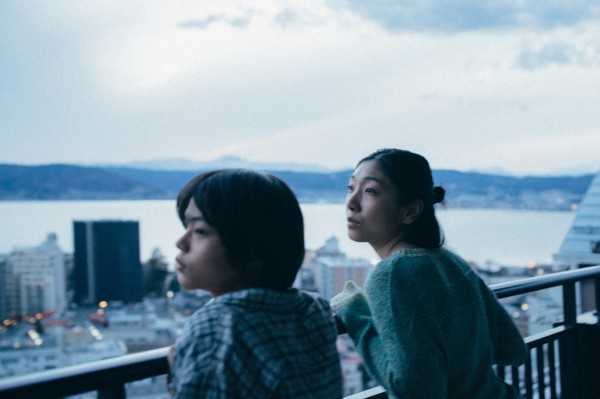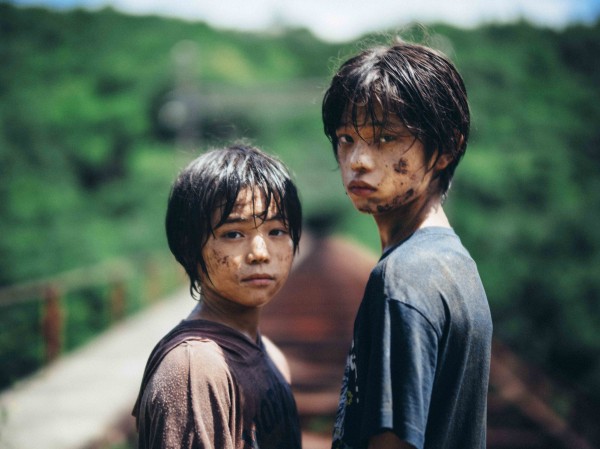This Japanese drama film tells the story of a mother who notices disturbing changes in her son’s behaviour. Concerned about them, she confronts her child’s school.
MONSTER. Starring: Sakura Andō, Eita Nagayama, Sōya Kurokawa, Hinata Hiiragi, and Shido Nakamura. Directed by Hirokazu Kore-eda. Rated PG (Mild themes, suicide references, family violence, and sexual references). 125 min.
Review by Peter W. Sheehan, Jesuit Media Australia
The film premiered at the 76th. Cannes Film Festival where it received the Award for Best Screenplay. It is a psychological dramatic thriller based on a screenplay written by Sakamoto Yuji, and it won the Best Director Award for Kore-Eda Hirokazu at the Asian Film Awards in 2024, and the FIPRESCI Award at the Stockholm International Film Festival in 2023.

It uses multiple perspectives in the telling, and each of the perspectives adds something new to the plot-line. Viewers are exposed to hidden secrets that keep being revealed until the film is finished. The film starts with an unexplained fire and two new fires occur until the mystery of their occurrences is finally revealed. The core of the main plot commences when a single mother, Saori Mugino (Sakura Ando), is told by her 11-year old son, Minato (Soya Kurokawa) that he has been struck by his teacher, Michitoshi Hori (Eita Nagayama). She has been concerned about Minato behaving oddly, and she confronts her son’s school, demanding to know what is going on. She suspects her son’s teacher, Michitoshi, is responsible for her son’s behaviour, but she is treated off-handedly and with obvious deception by the school. Michitoshi tells her that he thinks Minato is bullying a young student called Yori (Hinata Hiiragi), but he lies to hide what really happened; Minato and Yori are fond of each other. The school wants to protect its reputation and wants Michitoshi to resign, and Michitoshi realises that he consciously misinterpreted Minato’s behaviour. When Yori goes missing, Minato finds him abandoned, covered in bruises, and abused by his father, Kiyotaka (Shido Nakamura). Minato and Yori reunite, and escape to find freedom.


This is a movie about emotional development in childhood that psychologically explores the shifting relationships between its characters. It tackles family dynamics, bullying, homophobia, school insensitivity, homosexual attraction, and toxic masculinity. Truth is only revealed when the full complexity of relationships is made apparent. Child acting in the movie is particularly impressive. Both Minato and Yori live in a world where violence has damaged them, and their final escape together affirms their attachment to each other and offers testimony to the injustices of a world that has denied them understanding.
The movie asks viewers to empathise with its characters. It explores how difficult it is to achieve happiness and joy in a fractured world, and asks viewers frequently to decide from one situation to another “whose the monster?” Multiple answers to that question emerge in the film’s complex narrative structure: Is it one or more of the characters we see on the screen? Is it the world around them? Or does the crux of the problem lie with the viewer and the Society he or she is in?
Peter W. Sheehan is an Associate of Jesuit Media


